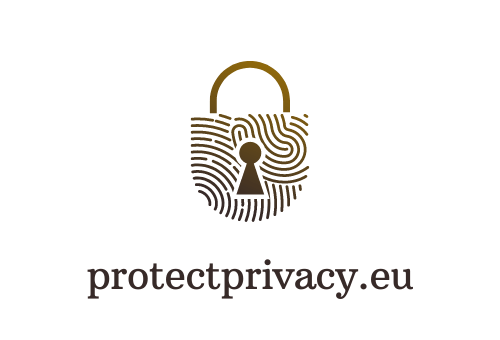The Ethics of Data Collection: Balancing Business Needs with User Privacy

In an era driven by digital transformation and rapid technological advancements, data has become a prized asset for businesses. However, this rise in data collection has raised significant ethical concerns regarding user privacy.
The Importance of Data in the Digital Age
Data is the lifeblood of the digital economy. Companies use it to optimize their services, make informed business decisions, and create personalized user experiences. From targeted advertisements to tailored product recommendations, data fuels the mechanisms that drive profitability and growth in the online sphere.
Ethical Implications of Data Collection
- Informed Consent: Users should have clear, understandable information about what data is being collected, how it will be used, and who will have access to it. Obtaining informed consent ensures that users are aware of the data collection practices and can make informed choices.
- Transparency: Transparency is key to establishing trust. Companies should be open about their data collection practices, privacy policies, and how they handle user data. Clearly communicated privacy policies build credibility and help users make informed decisions.
- Data Minimization: Collecting only the necessary data is an ethical approach. Companies should refrain from collecting excessive or irrelevant data that could potentially invade users’ privacy. The principle of data minimization ensures that only essential information is gathered.
- Purpose Limitation: Data should be collected for a specific, legitimate purpose, and not repurposed without the consent of the users. Any deviation from the initially stated purpose requires informed consent from the users.
Striking a Balance
- Privacy by Design: Incorporating privacy measures into the design and development of products and services is essential. By integrating privacy at the outset, companies can ensure that user data is handled responsibly and ethically.
- Regulatory Compliance: Adhering to relevant privacy laws and regulations is non-negotiable. Companies must comply with laws like the General Data Protection Regulation (GDPR) and the California Consumer Privacy Act (CCPA) to protect user privacy and avoid legal repercussions.
- Data Security: Implementing robust data security measures is crucial to safeguard user information from unauthorized access, breaches, or cyber-attacks. Encryption, firewalls, and regular security audits are essential components of a strong data protection strategy.

Building Trust and Respecting Privacy
Respecting user privacy is not just a legal obligation but a fundamental ethical principle. Businesses must prioritize their users’ privacy while also ensuring they meet their operational and strategic goals. By adopting a user-centric approach and embracing ethical data collection practices, companies can foster trust, enhance their reputation, and build lasting relationships with their user base.
In conclusion, the ethical dimensions of data collection require a delicate balance between business needs and user privacy. Achieving this balance not only ensures compliance with regulations but also reflects a commitment to respecting the rights and concerns of the individuals whose data is being collected. Striving for ethical data practices is an investment in trust, and in the long run, this trust translates into a loyal and satisfied user base.







